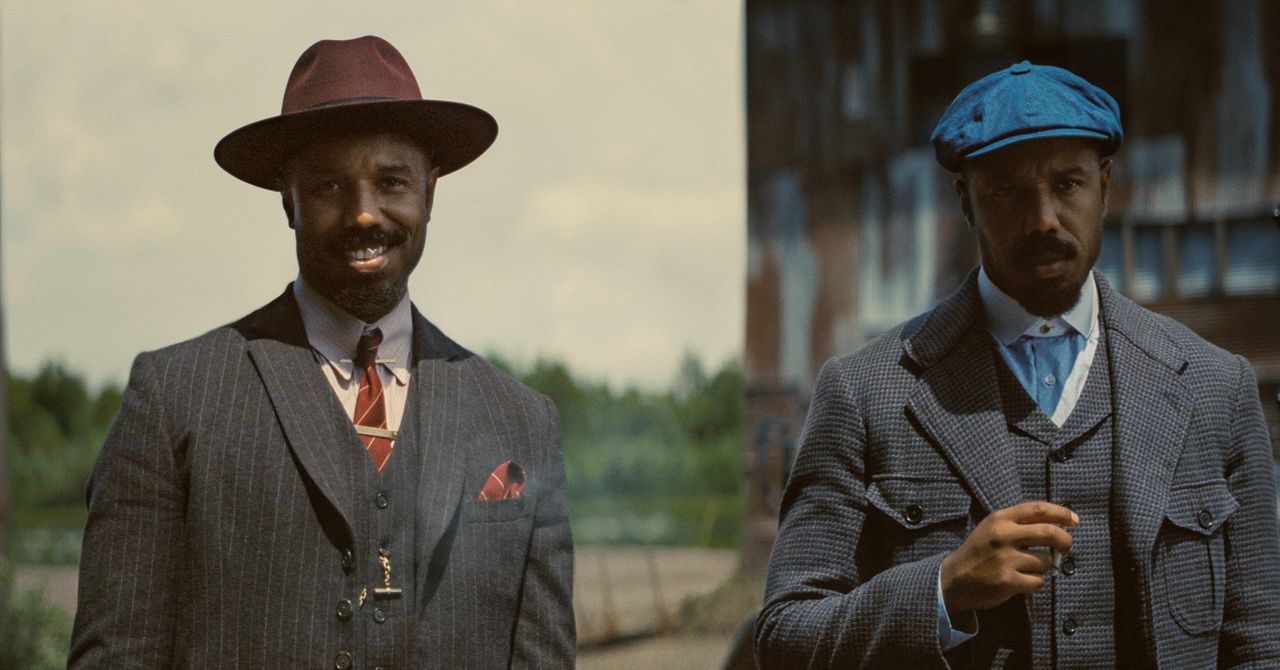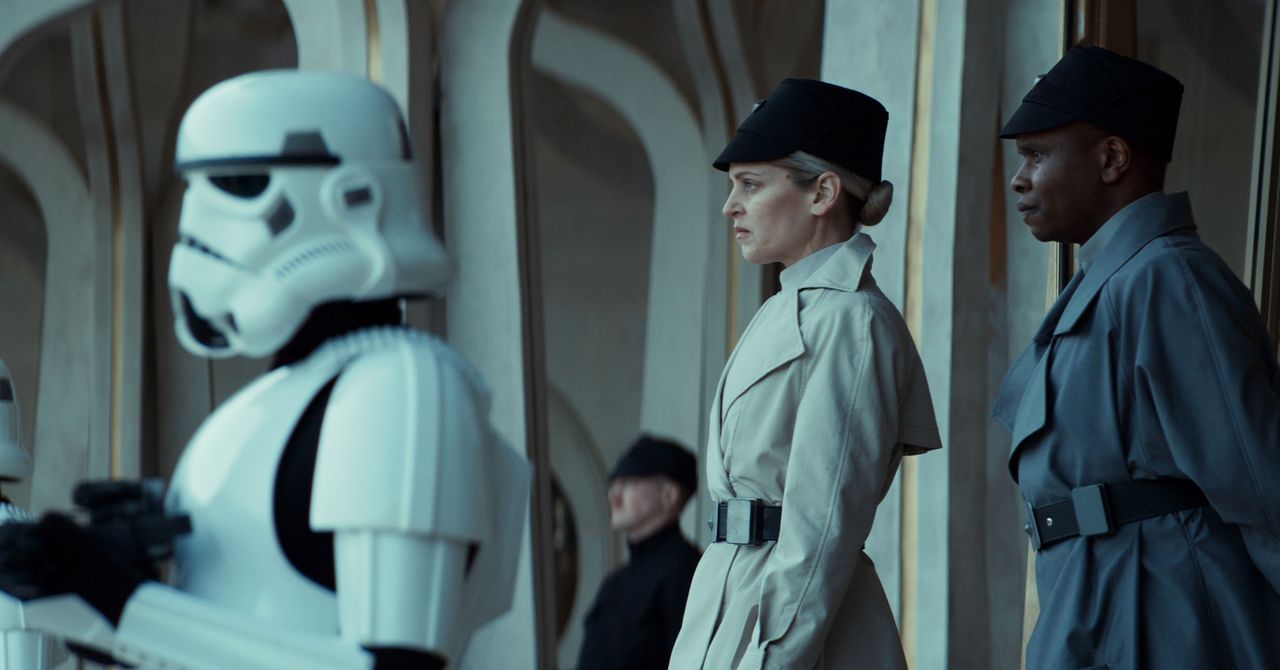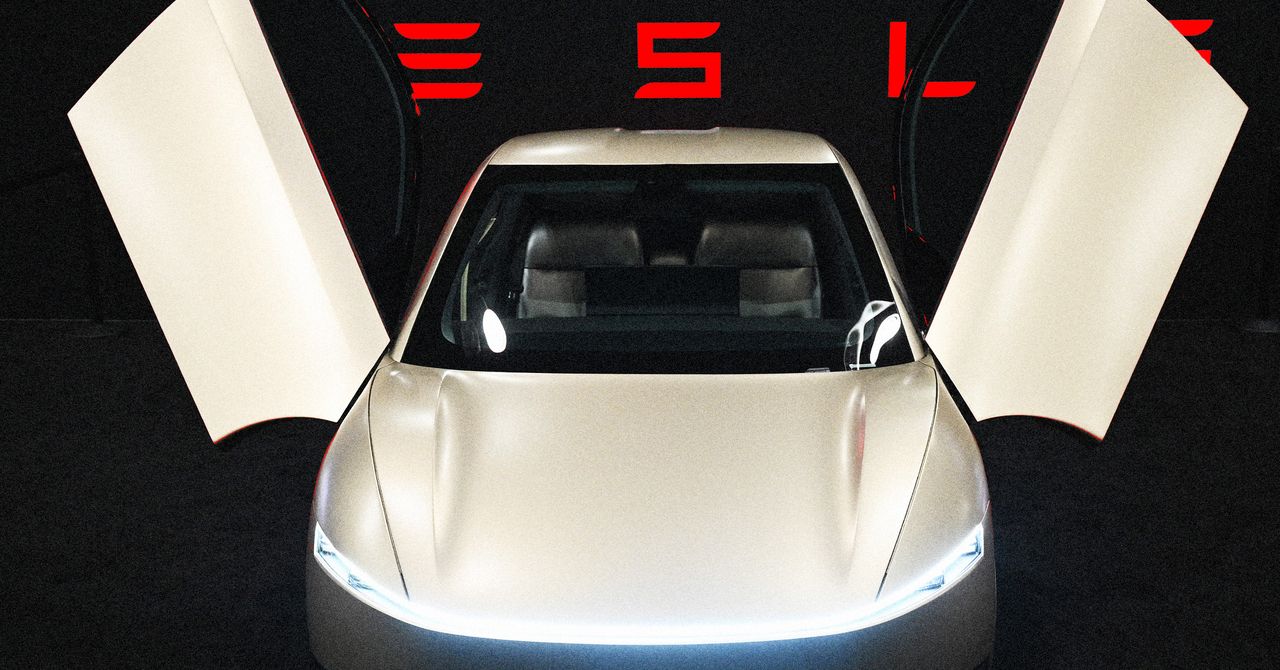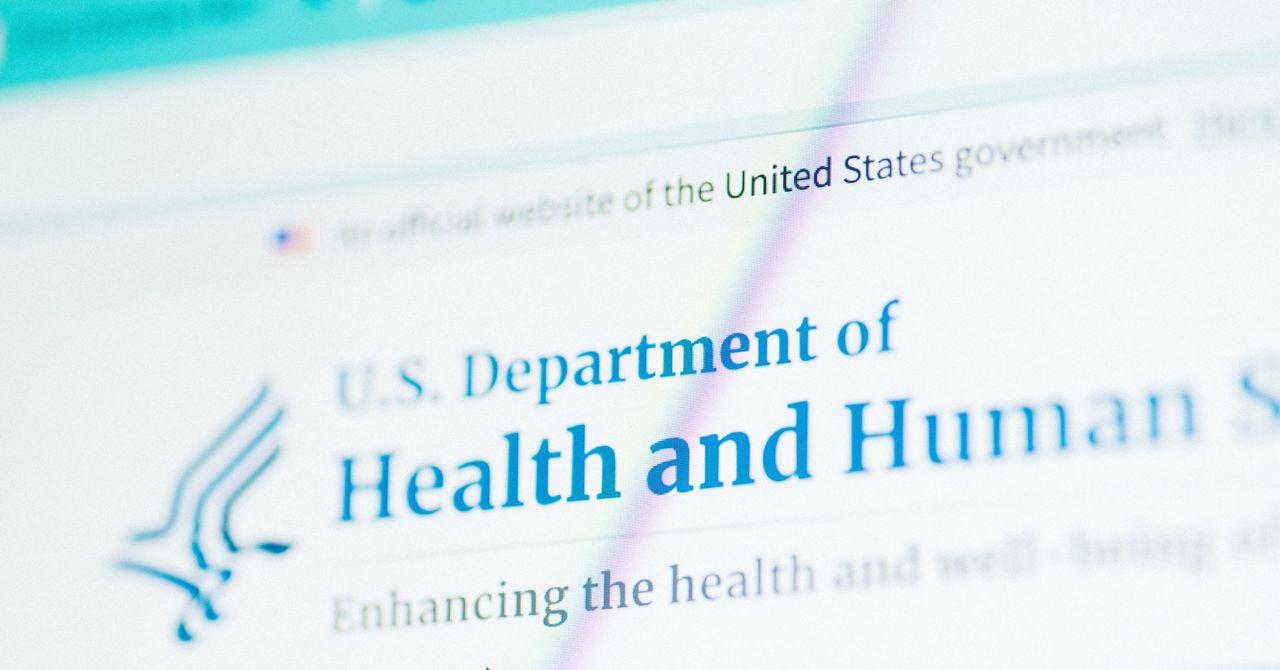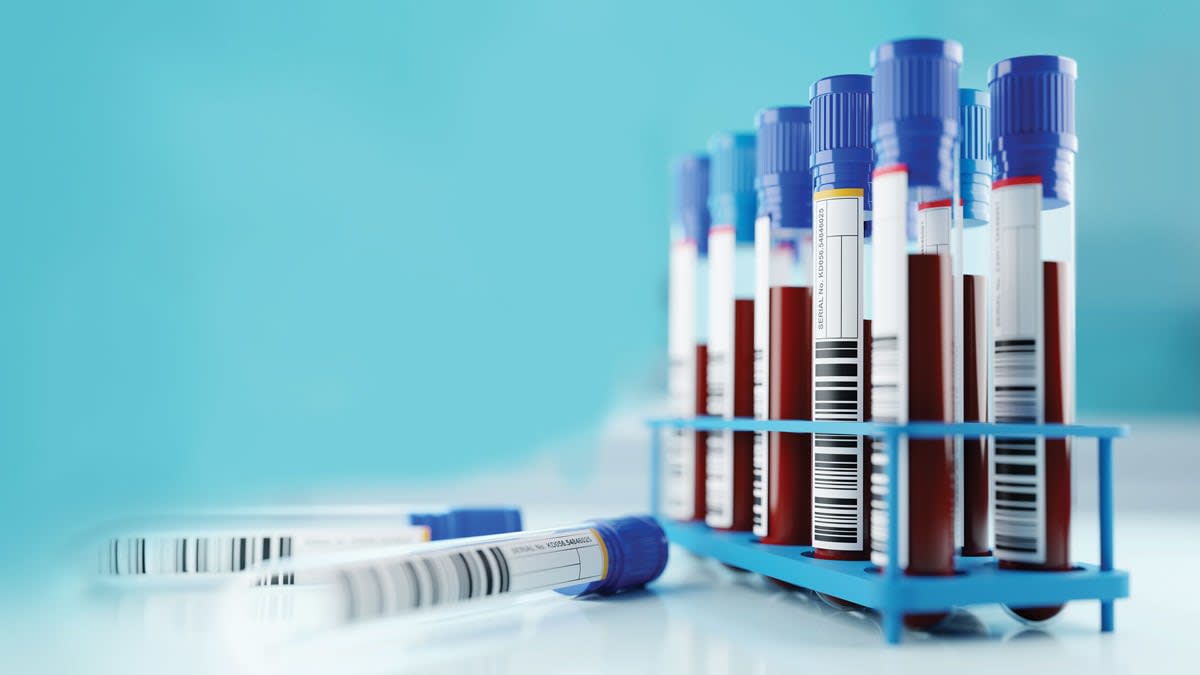
Some emerging tests are referred to as multicancer early detection tests, though others target one specific type of cancer. Typically, they test for material that’s shed by cancer cells, says Scott Ramsey, MD, PhD, a physician and co-director of the Hutchinson Institute for Cancer Outcomes Research at the Fred Hutch Cancer Center.
One of the best-known is the Galleri test (available online for $949) made by the healthcare company Grail. It’s marketed as offering early detection for more than 50 cancers. There are many other multicancer tests available too, Etzioni, says, and more in development.
“If these were highly sensitive and could detect cancers at an early stage, that would be a game changer,” Ramsey says. But at least so far, “these tests are falling short.” Current research shows that despite the marketing, most new tests are more sensitive for later-stage cancers, which may be caught in other ways. “The time you’d like to catch cancer is when it’s in a very early stage” and more treatable, he says.
We’ll understand cancer blood tests better in the next few years, Ramsey says. The Galleri test, for example, is being evaluated in a large study in England, which should help determine how good it is at detecting cancers and at what stage, Ramsey says. Eventually, experts will be able to figure out whether these tests find cancer early enough to change survival rates.






